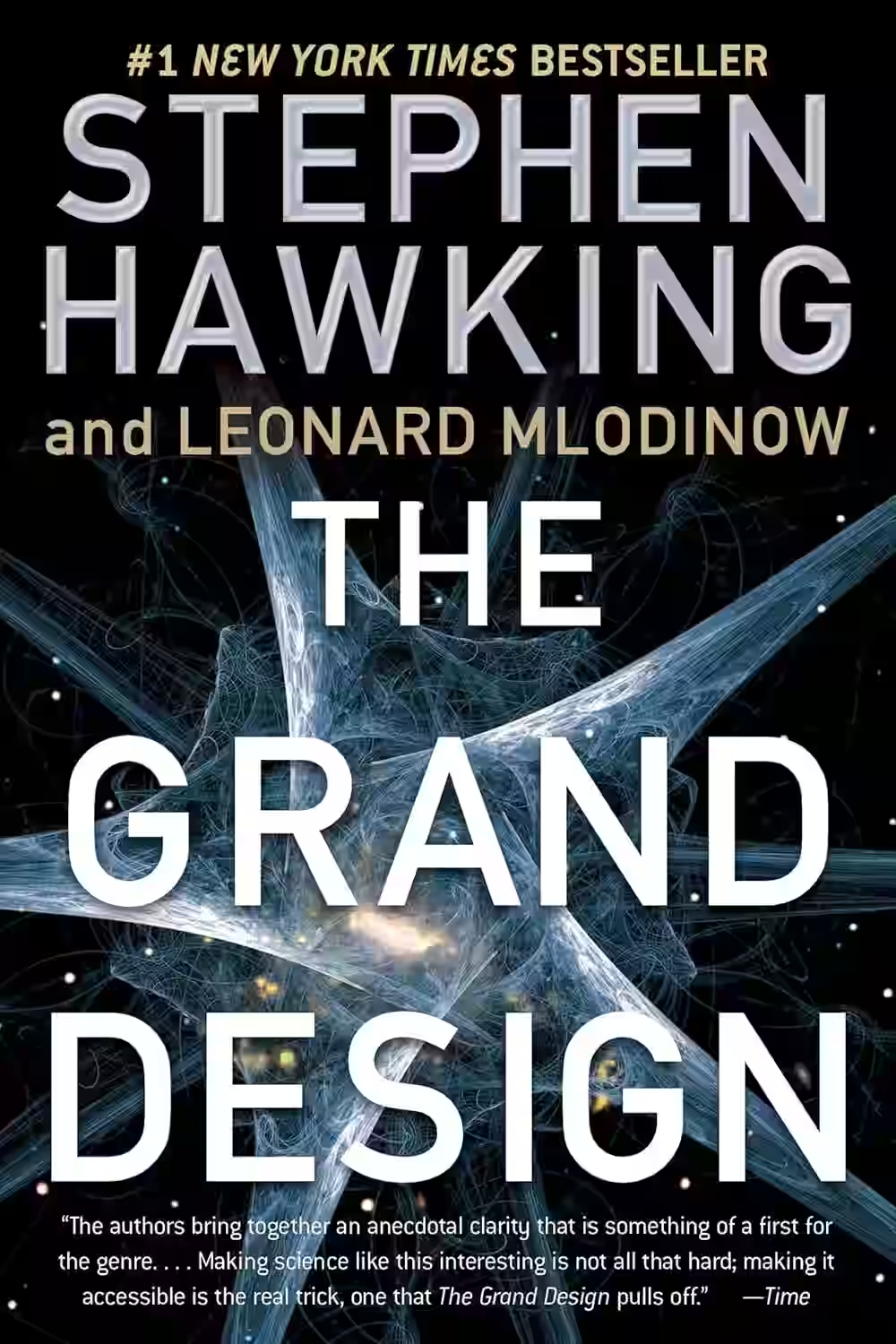
In 'The Grand Design' by Stephen Hawking, the renowned physicist and author explores the origins of the universe and the fundamental laws that govern it. Through a mix of scientific theories and philosophical reflections, Hawking delves into complex concepts like quantum mechanics and string theory, presenting them in a way that is accessible to readers of all backgrounds. He challenges traditional views on the existence of a divine creator and offers a compelling argument for the universe's spontaneous creation. This thought-provoking book not only stimulates the intellect but also invites readers to ponder the nature of reality and our place within it.
About Stephen Hawking
A groundbreaking British theoretical physicist and cosmologist, renowned for his significant contributions to our understanding of black holes and the origins of the universe. Despite being severely disabled by motor neurone disease, his intellectual brilliance shone through in his accessible popular science books, such as A Brief History of Time, which brought complex scientific concepts to a global audience. Hawking's unwavering curiosity and determination inspired millions, solidifying his status as an iconic figure in science.
Other Books by Stephen Hawking
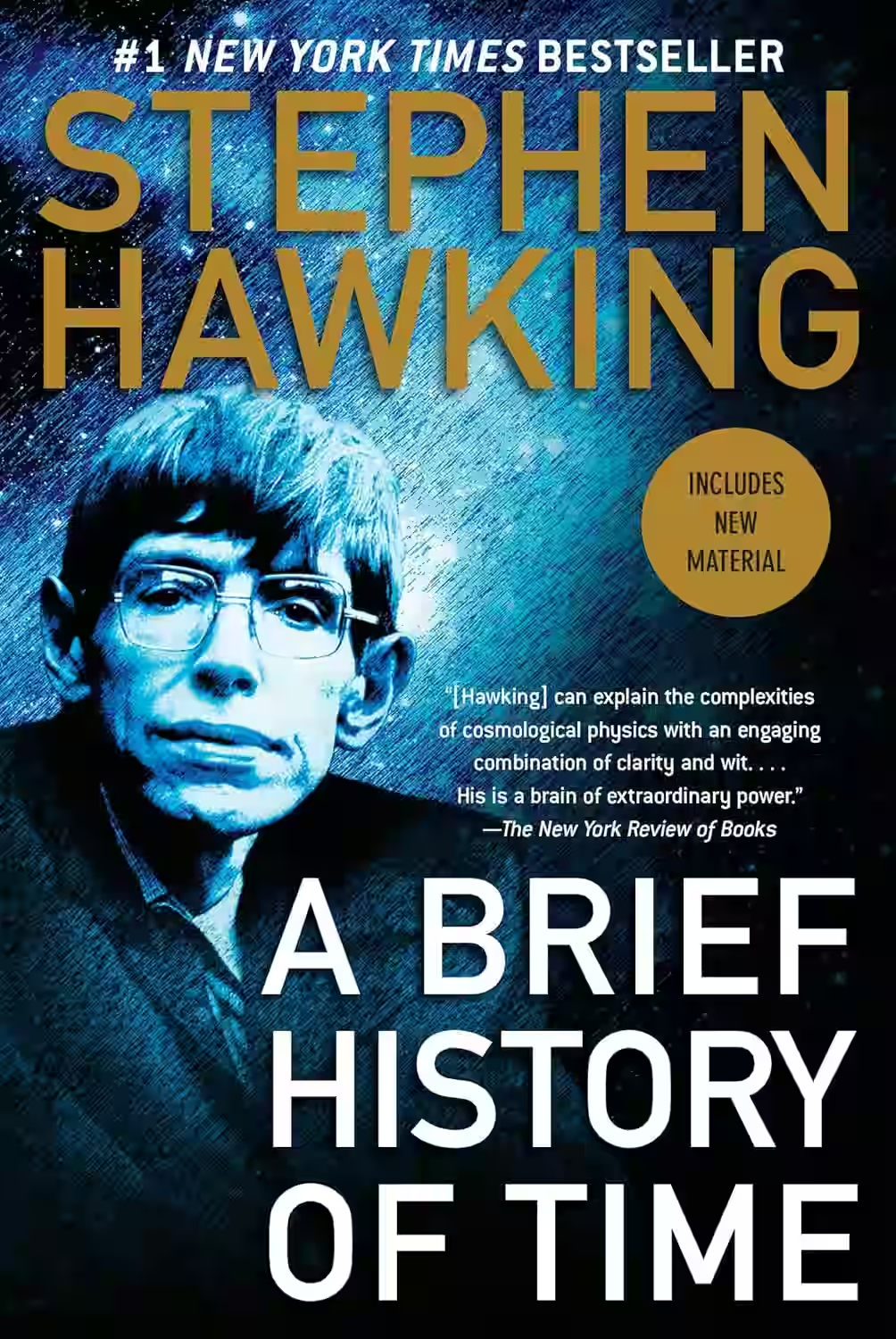
A Brief History of Time
Was there a beginning of time? Could time run backwards? Is the universe infinite or does it have boundaries? These are just some of the questions considered in the internationally acclaimed masterpiece by the world renowned physicist - generally considered to have been one of the world's greatest thinkers. It begins by reviewing the great theories of the cosmos from Newton to Einstein, before delving into the secrets which still lie at the heart of space and time, from the Big Bang to black holes, via spiral galaxies and strong theory. To this day A Brief History of Time remains a staple of the scientific canon and its succinct and clear language continues to introduce millions to the universe and its wonders.
Similar Books
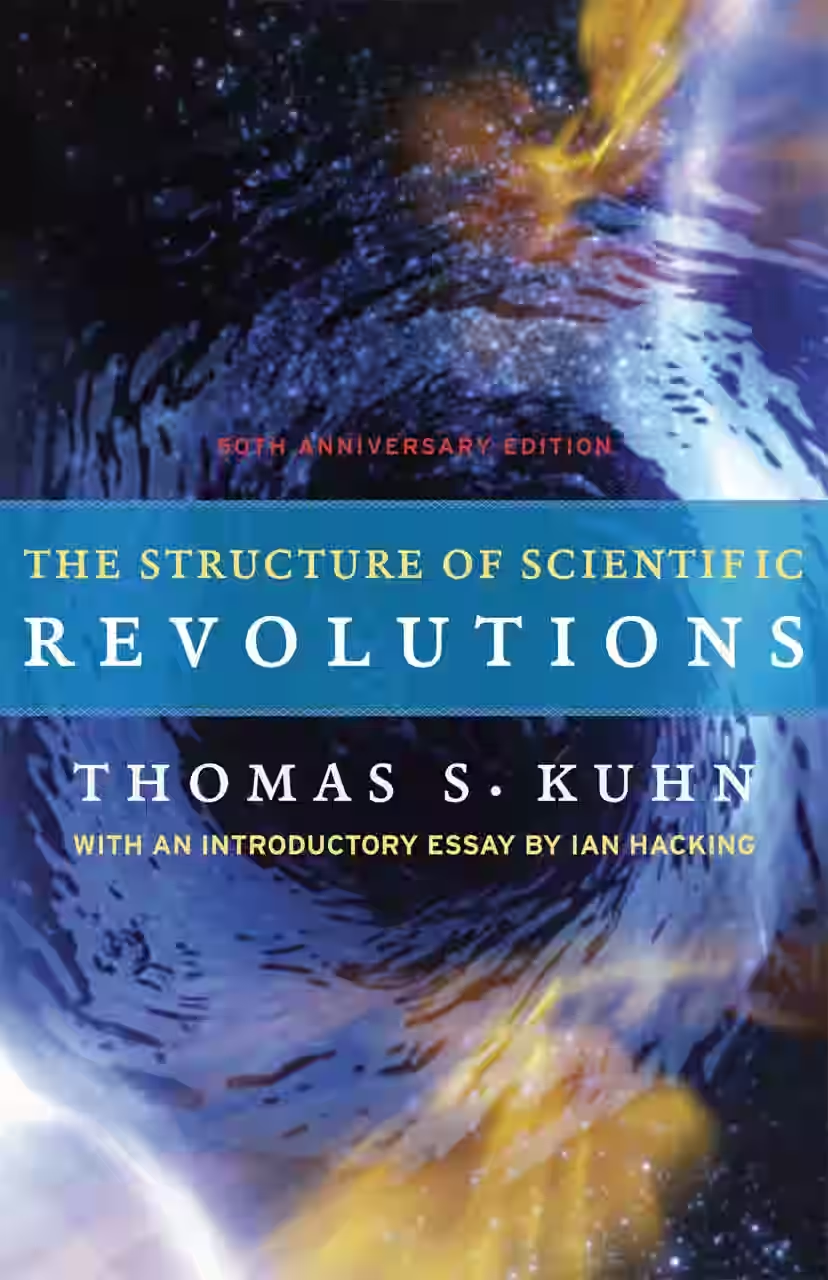
The Structure of Scientific Revolutions
Kuhn’s seminal work revolutionized how we understand science. He argues that scientific progress doesn’t occur gradually, but through paradigm shifts—periods of radical change in fundamental frameworks. Normal science operates within accepted paradigms until anomalies accumulate, prompting a crisis and eventual revolution. Kuhn uses historical case studies to illustrate this cycle, challenging the belief in linear scientific advancement. First published in 1962, The Structure of Scientific Revolutions has had a lasting impact on the philosophy of science, influencing fields from sociology to history. It remains essential reading for anyone seeking to understand how scientific knowledge evolves.
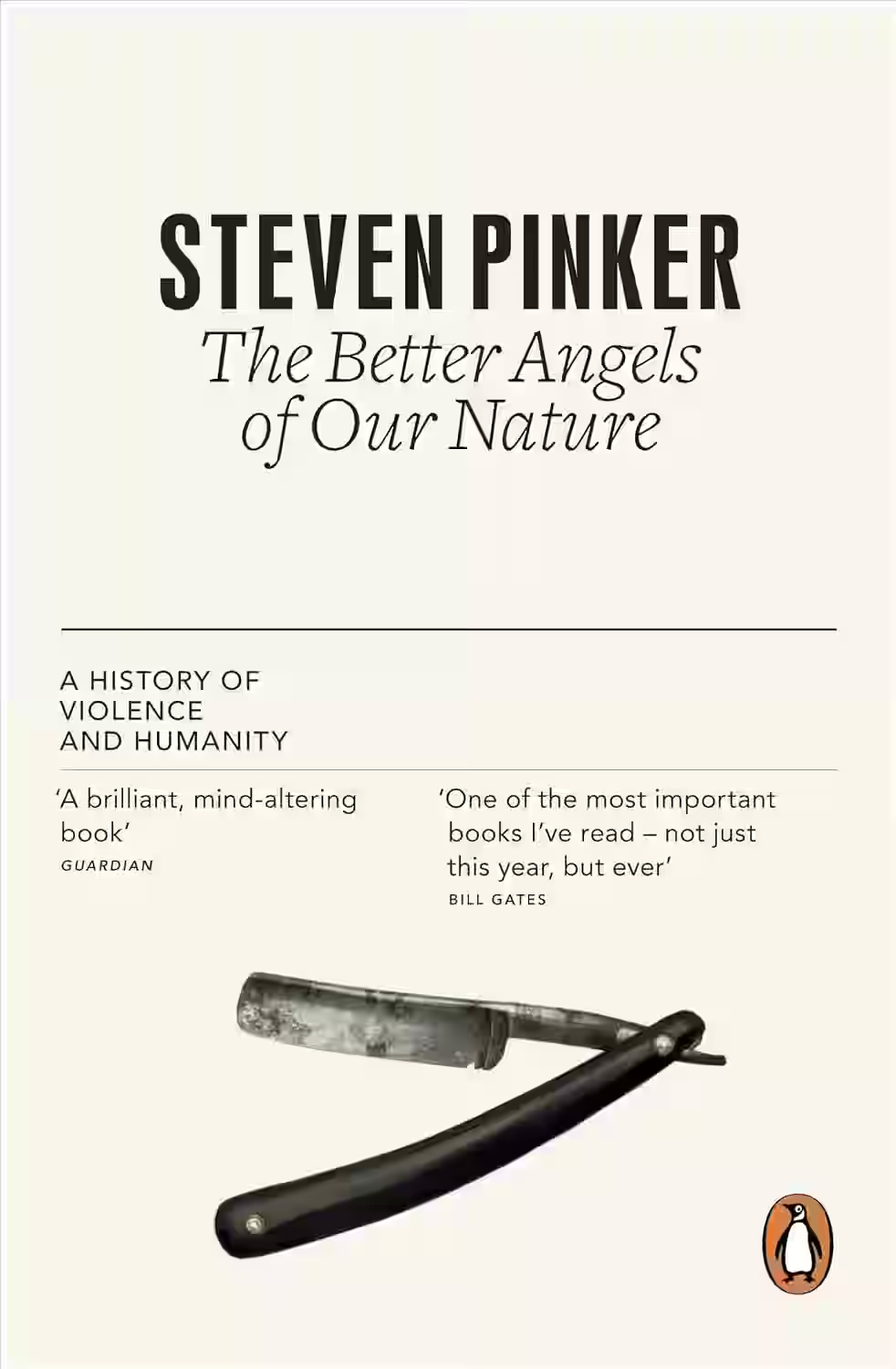
The Better Angels of Our Nature
In The Better Angels of Our Nature, cognitive scientist Steven Pinker argues that, contrary to popular belief, violence has declined significantly over human history. Drawing on data from psychology, history, and political science, Pinker examines how societal changes—such as the spread of literacy, trade, and centralized governance—have contributed to a more peaceful world. He identifies forces like empathy, reason, and moral progress as "better angels" guiding human behavior. Though controversial, the book provides a compelling, data-driven narrative that challenges pessimistic views of human nature and makes a bold case for the progress of civilization over the centuries.
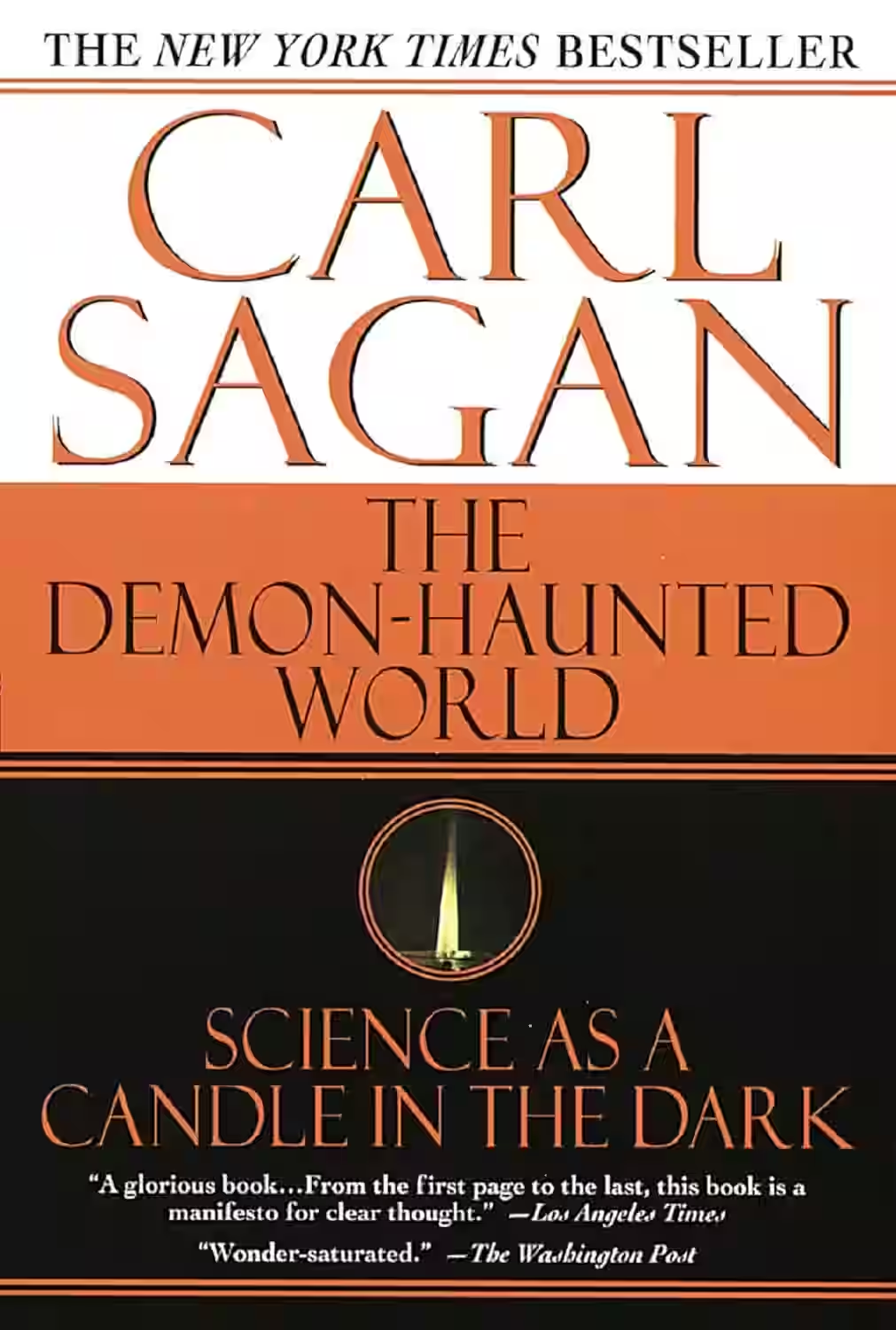
The Demon-Haunted World: Science as a Candle in the Dark
by Carl Sagan
In 'The Demon-Haunted World: Science as a Candle in the Dark', the iconic astrophysicist Carl Sagan explores the importance of critical thinking and the scientific method in a world often plagued by pseudoscience and superstition. Sagan takes readers on a journey through the wonders of the cosmos while also addressing the dangers of ignorance and irrationality. Through captivating anecdotes and compelling arguments, he advocates for a society that values evidence-based reasoning and skepticism. This enlightening book serves as a powerful reminder of the immense potential of science to illuminate our understanding of the universe and combat misinformation.
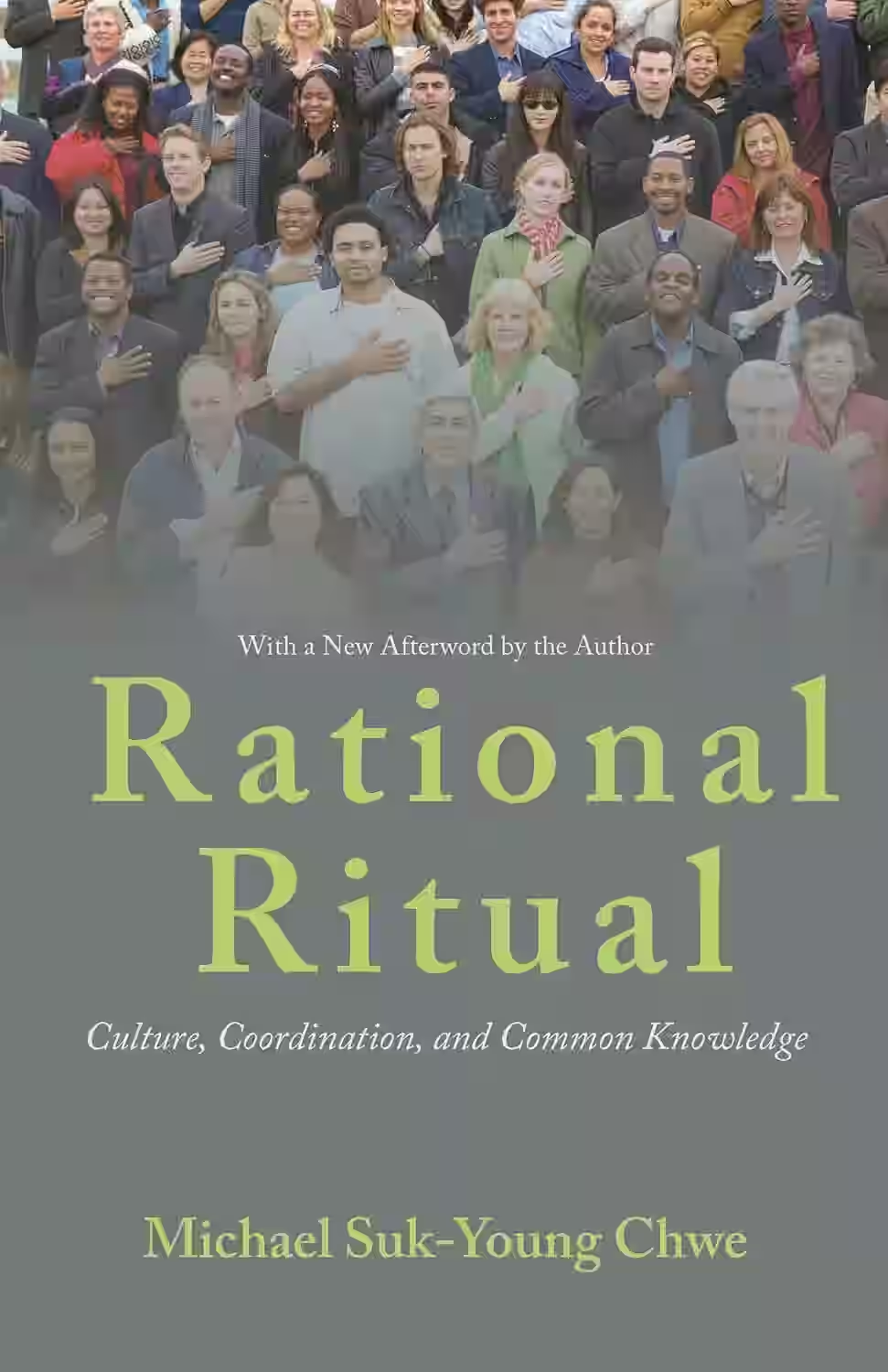
Rational Ritual
Rational Ritual explores how rituals—from presidential inaugurations to sports events—create common knowledge, a shared awareness that everyone knows everyone knows. Chwe, a game theorist, argues that these shared experiences are vital for coordination in society. By applying game theory to cultural rituals, he sheds light on why such practices persist and how they help societies function. The book offers unique insights into advertising, politics, and social networks. Zuckerberg recommended Rational Ritual for its relevance to online platforms, where creating and managing shared experiences is key. It’s an intellectually stimulating read for anyone interested in the intersection of culture and logic.